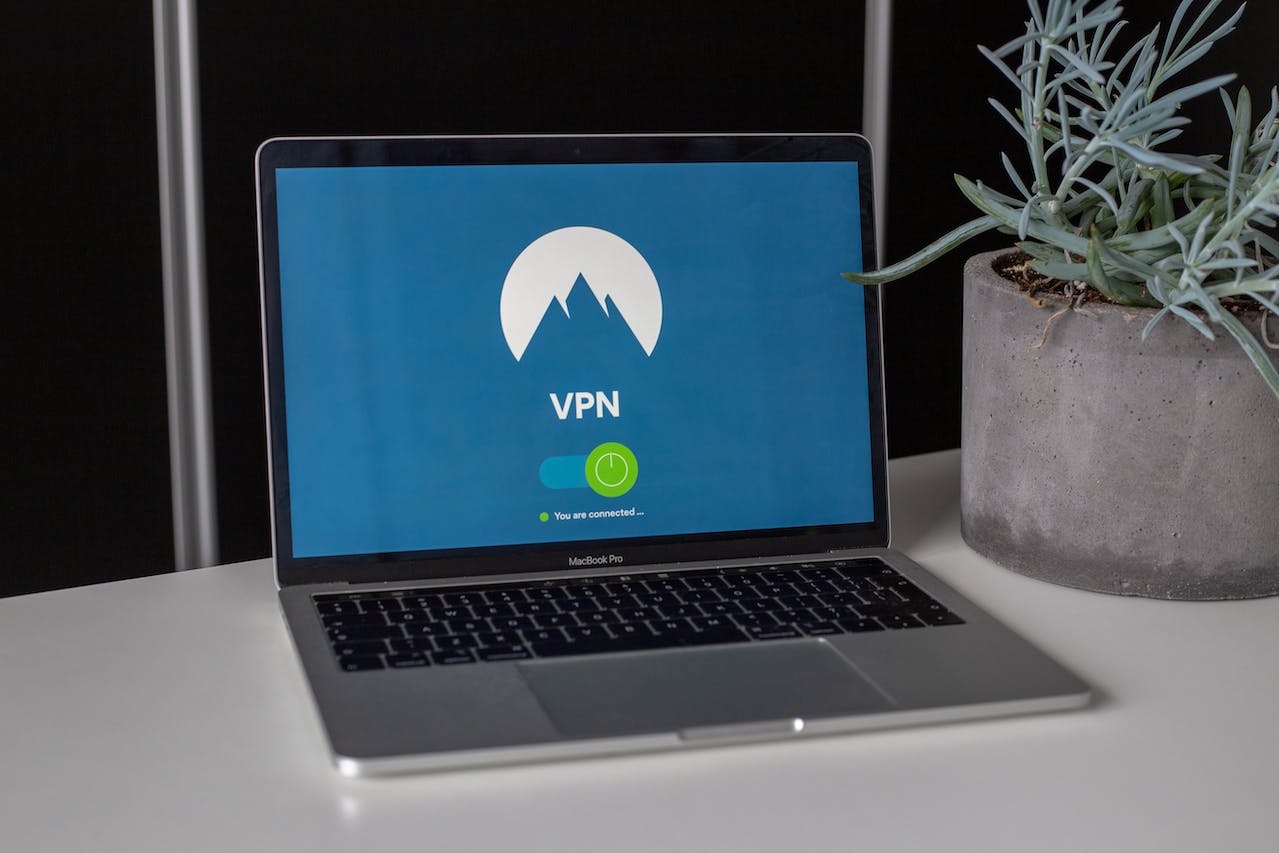Although technology has been progressively incorporated into our daily lives over time, the pandemic really brought this trend to a whole new level. Through social media and video conferencing, we were able to stay connected even though we were geographically apart, but this also made us more vulnerable to cybercriminals. Here are some tips for minimizing the impact of your digital footprint and maintaining the privacy of your online activities.
Tips For Maximizing Your Online Safety
Phishing and other security vulnerabilities were more prevalent due to the rise of remote work and technological platforms during COVID-19. Yes, there isn’t much you can do in the event of a data breach at a big shopping or financial platform. Nonetheless, you may safeguard yourself from preventable forms of cybercrime, malware, and identity theft by following these commonsense suggestions.
1. Safeguard Your Accounts Online
A simple technique to increase your online privacy is to manage your privacy settings so that your personal data isn’t displayed on social media. By doing so, you can avoid disclosing any information about yourself to prospective employers, complete strangers, or even cybercriminals.
2. Be Careful During Sign-ups
When creating new accounts, make sure not to include any personally identifiable information in the username or email address. Additionally, it is common practice to be asked to connect with people you already have in your contacts when you create a new email or social media account. Alternatively, continue to manually add friends.
Finally, not least among many other privacy and security settings, be on the lookout for ways to disable search results for your profile and enable two-factor authentication.
3. Make Sure To Update Your Antivirus Software If Necessary
Antivirus software is crucial, and you probably already know that. Fortunately, a lot of gadgets have it pre-installed. Keeping your computer protected against new malware, spyware, and other viruses requires taking the extra step to update to the latest version.
You can further ensure the security of your mobile devices by taking advantage of the frequent operating system updates offered by both Apple and Android. Do not delay taking advantage of any that become available; instead, keep a close watch on them.
4. Create Strong and Distinct Passwords
By repeatedly trying the same login credentials across other platforms, hackers can easily gain access to your accounts. Things can quickly become complicated if even a modest website that stores your login credentials for your bank or credit card accounts is compromised. Password managers simplify the process of evading this security risk. Make sure each site you use has a strong password, and the manager can handle remembering them all.
5. Use A VPN
Using the public Wi-Fi at your neighbourhood cafe is like taking a gamble with your personal data every time you connect. Your online behaviour could be compromised if the Wi-Fi network isn’t secure. The good news is that this problem disappears when you use a VPN. To top it all off, virtual private networks (VPNs) mask your online identity, making it impossible for anyone—including your ISP—to tell where you are.
6. Make Your Cache Empty
Have you ever considered how much data your browser stores about you? Personal information may be contained in cookies, search engine data, and browser history. There are a few subtle differences in the procedures that apply to mobile devices and different browsers, such as Firefox, Chrome, and others. Make clearing your cache a habit once you figure it out!
7. Search For Sites That Use Ssl
Insecure online stores are a treasure trove for cybercriminals. Only shop on secure sites to avoid having your personal information (phone number, address, credit card number, etc.) stolen. By carefully observing the URL, you can identify companies that employ encryption to safeguard data. A secure site is indicated by an HTTPS: instead of an HTTP:.
8. Be Wary Of Click Bait
Link bait can appear in emails and on the internet, so be wary. Downloading malicious files is a common occurrence when clicking on phishing links. Stay protected from fraud and learn to click wisely to stay out of hackers’ clutches!
Give your personal information the same level of protection when you’re online as you would when dealing with a complete stranger. You can protect your data on your PC, iPhone, or any other device by following these easy security steps. Want more advice on how to strengthen your cybersecurity? Think about contacting TN Computer Medics in your area. Improving your safety has never been easier with the aid of our technological superheroes!

